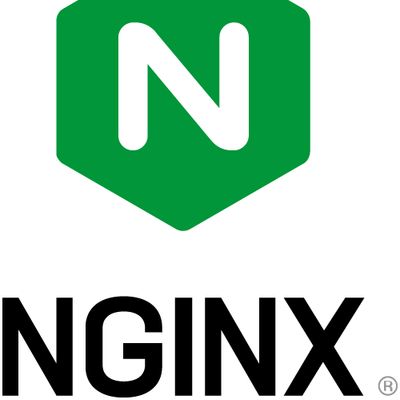
In the past decade, the landscape of app development has significantly evolved. Initially, web pages were the primary means of accessing content on mobile devices, but the introduction of the app store changed everything. This shift brought about the need to develop apps for both iOS and Android, leading to the rise of hybrid apps using frameworks like PhoneGap (now Cordova). However, these early hybrid apps often felt unnatural and lacked the performance and feel of native apps.
Today, technologies like React Native have bridged the gap, allowing developers to create apps that feel native while using a unified language. The future seems to be leaning towards Progressive Web Apps (PWAs), which offer the benefits of apps without the need to be on the App Store. PWAs provide offline access and a unified look and feel, making them a strong contender for rapid development and release. As a developer, I see PWAs as the next big stage, offering flexibility and performance for most applications, while native development remains crucial for those needing to maximize device capabilities.
Read Article...


